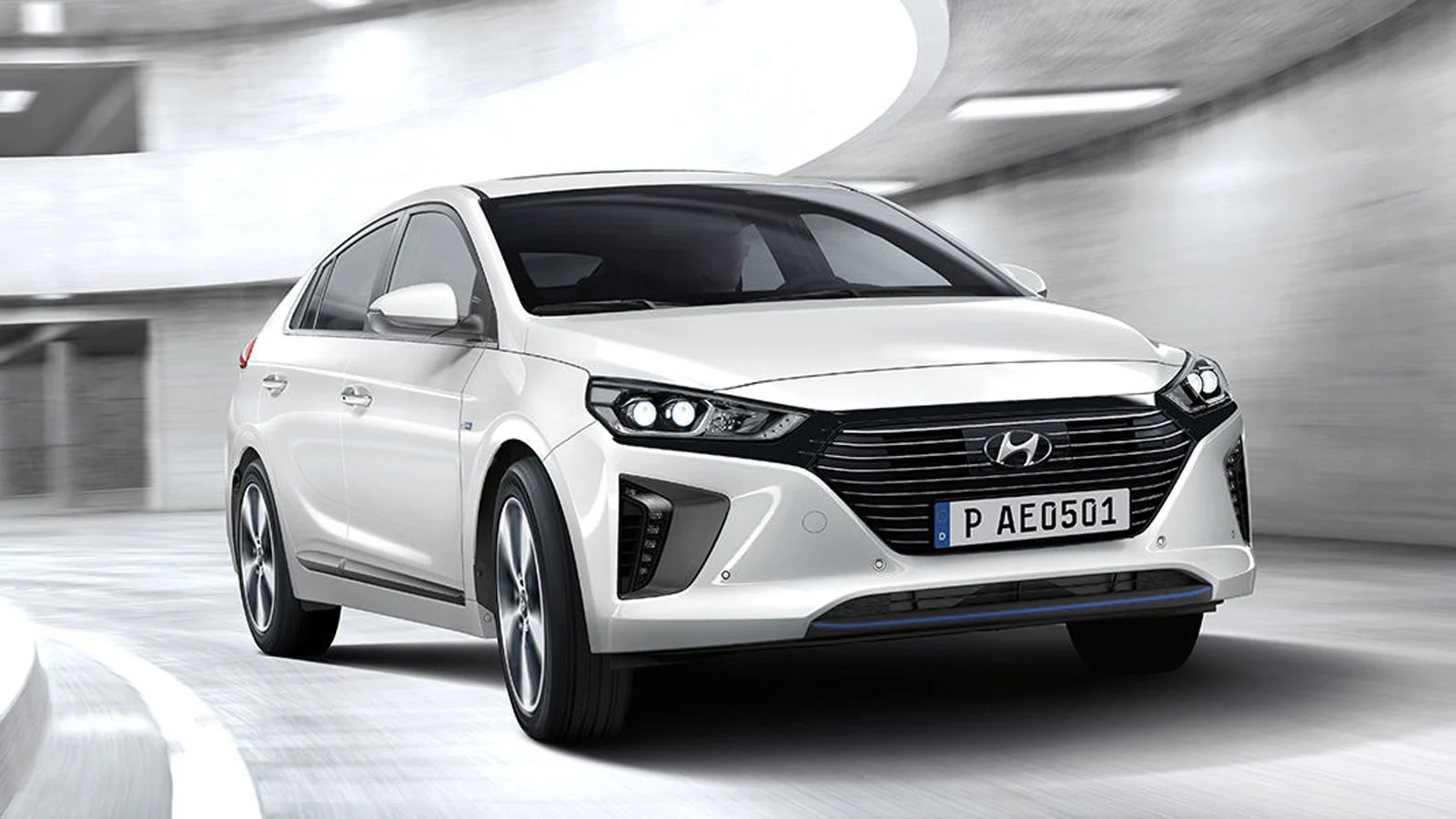The global automobile industry remains a cornerstone of economic development, with its extensive influence on multiple sectors. As of 2021, the global automobile market reached a valuation of $2.73 trillion, underscoring its vast scale. Among the various vehicle types, passenger cars dominate the market, valued at $1.66 trillion in 2022. This segment is projected to grow at a compound annual growth rate (CAGR) of 6.1% between 2023 and 2030, potentially hitting $2.67 trillion by the end of the decade.
The automobile sector is intrinsically tied to global economic health, serving as an indicator of prosperity. Rising per capita incomes and a growing population have boosted car ownership in developed regions. However, global economic uncertainties, including slower growth in key markets like the US and China, are tempering overall optimism. Fitch Ratings forecasts a 4% rise in global vehicle sales and production in 2024, driven largely by pent-up consumer demand despite higher interest rates.
S&P Global Mobility predicts 88.3 million new vehicle sales worldwide in 2024, reflecting a 2.8% year-over-year growth in light vehicle sales. The United States remains a major player, with 15.5 million new light vehicles sold in 2023. Used vehicle sales were even more substantial at 40 million units, demonstrating the robust demand for automobiles across all categories.
Top 10 Fastest-Growing Car Brands
While the automobile market features numerous brands, some stand out for their rapid growth, innovation, and market dominance. Based on CAGR from 2018 to 2023, here are the 10 fastest-growing car brands globally.
10. Honda Motor Co., Ltd. (NYSE:HMC)
CAGR (2018–2023): 5.87%
Honda is a Japanese multinational known for its diverse range of automobiles, motorcycles, and power equipment. A key player in the US market, Honda’s Civic remains one of the best-selling models, with 53,500 units sold in Q3 FY2024, marking a 42% year-over-year increase. The company achieved a record operating profit of $8.67 billion in Q1 2024, reflecting strong consumer demand and operational efficiency.
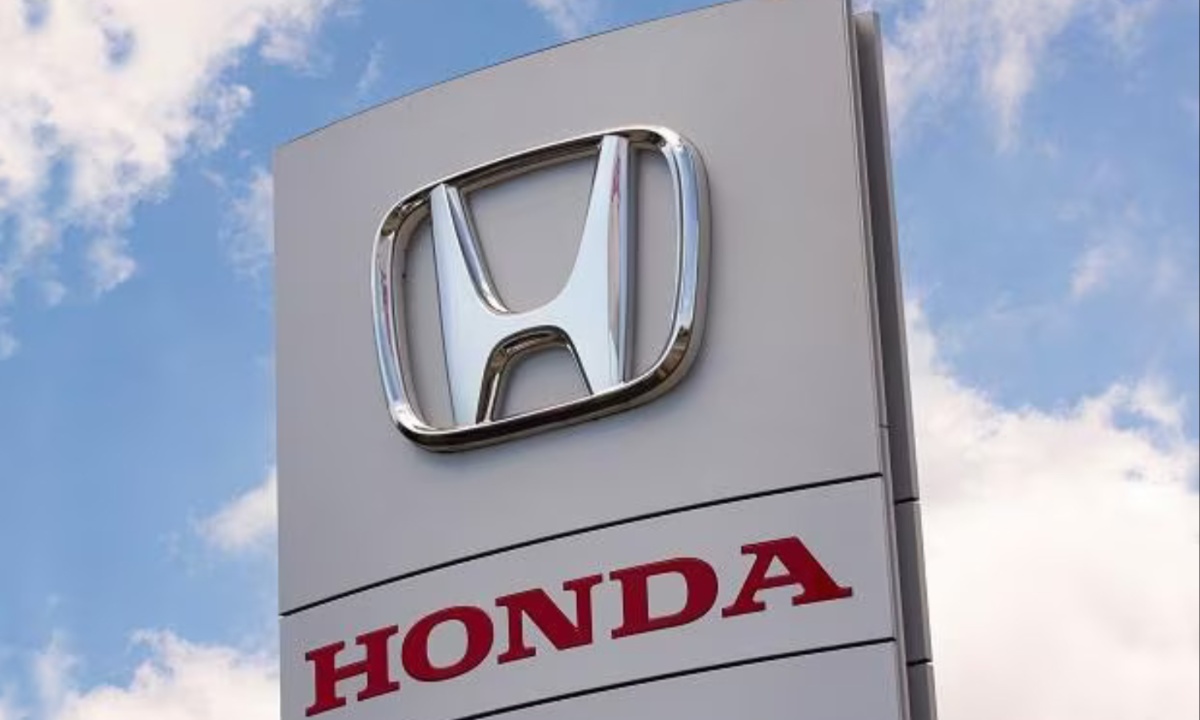
9. Volkswagen AG
CAGR (2018–2023): 6.45%
Volkswagen, a German automotive giant, continues to lead in electric vehicle (EV) production, delivering 394,000 fully electric vehicles worldwide in 2023—a 21.1% increase from 2022. Its revenue climbed to $345.68 billion in 2023, highlighting its successful transition toward sustainable mobility.
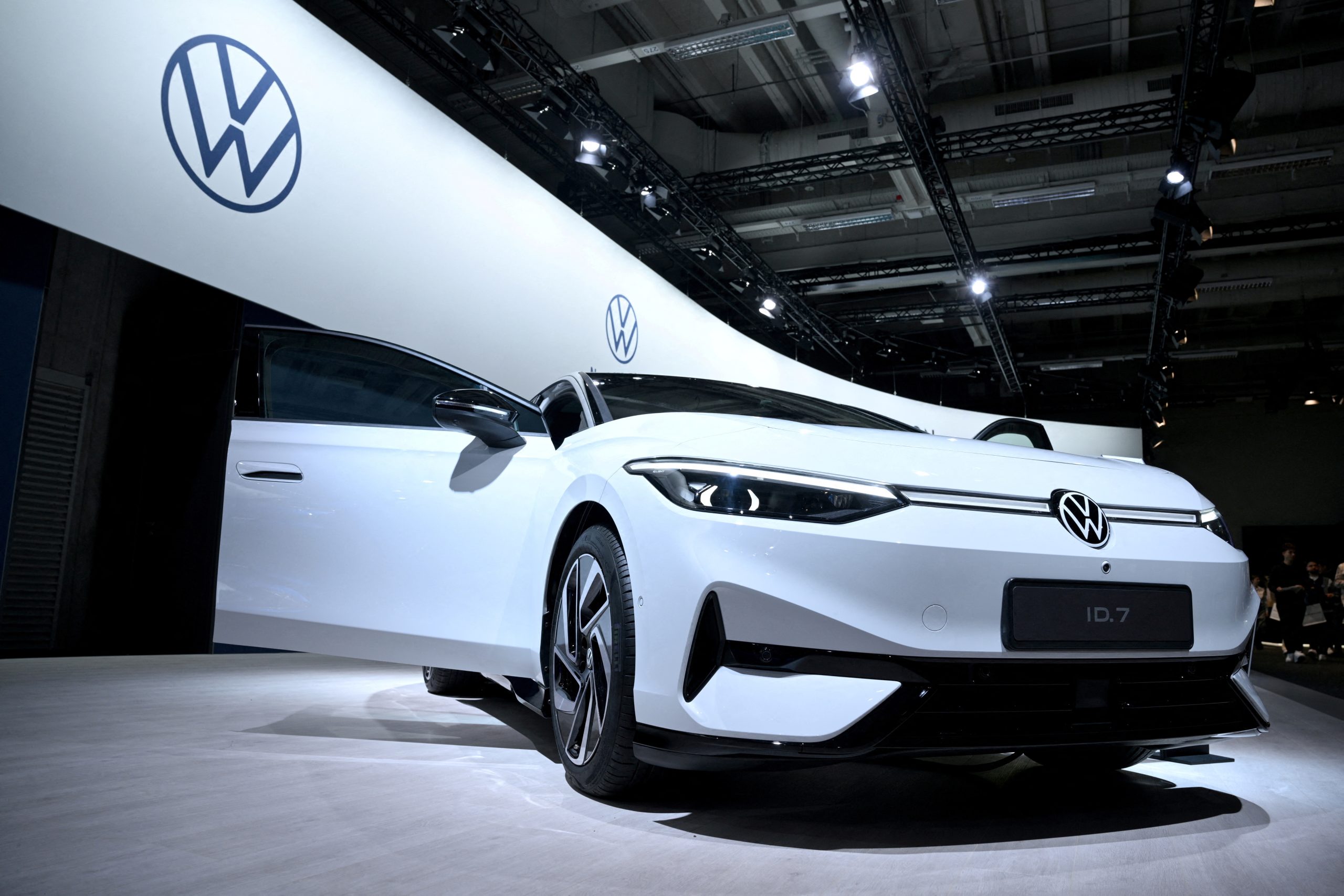
8. Toyota Motor Corp (NYSE:TM)
CAGR (2018–2023): 7.08%
Toyota dominates the Asian automobile market with best-selling models like the Corolla, Camry, and RAV4. The company is investing heavily in electrification, aiming to produce 3.5 million battery electric vehicles (BEVs) annually by 2030. Toyota’s diverse offerings and strategic planning keep it at the forefront of the global market.
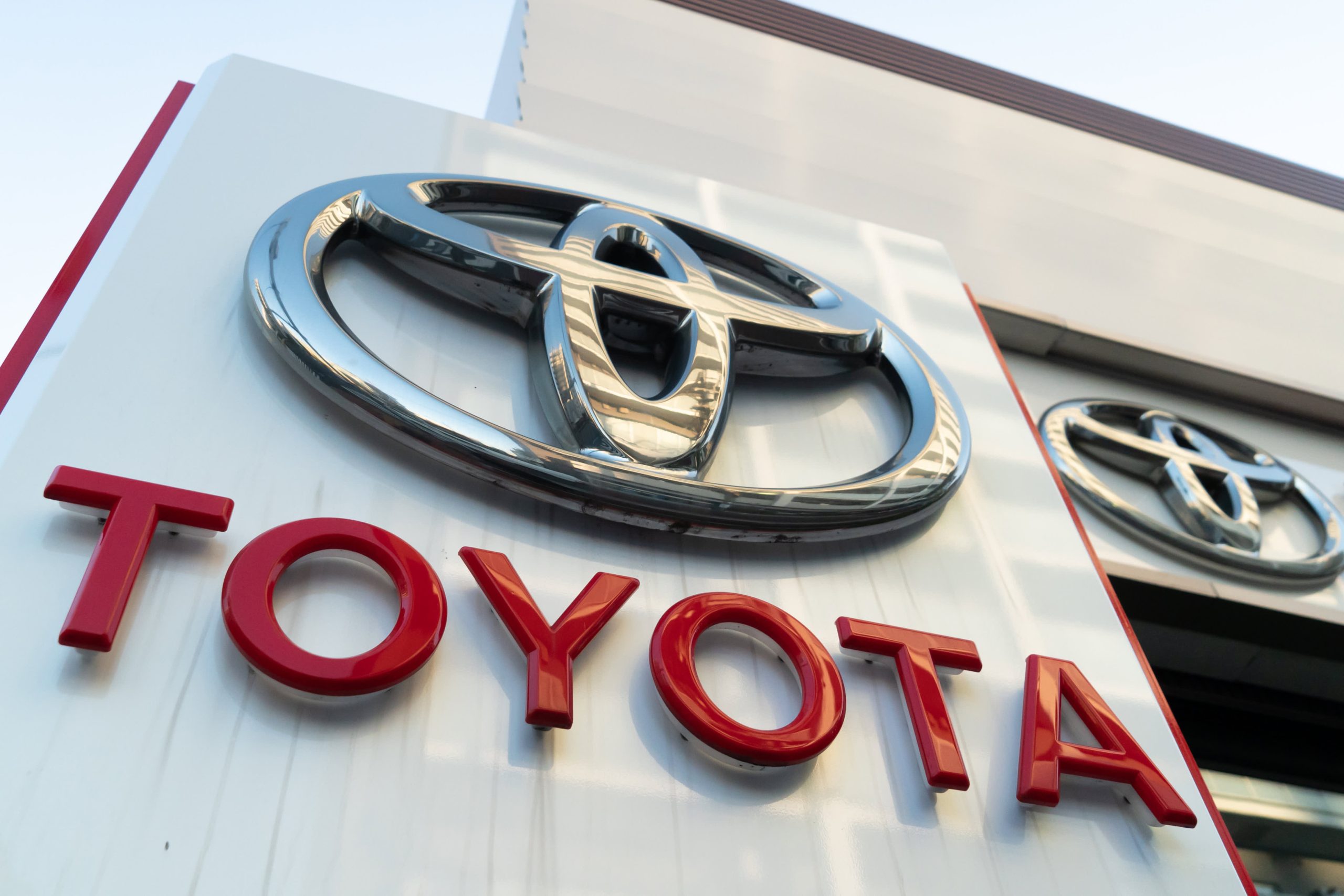
7. Dr. Ing. h.c. F. Porsche AG
CAGR (2018–2023): 9.45%
Porsche, synonymous with luxury and performance, reported remarkable growth, delivering 40,629 units of its all-electric Taycan in 2023—a 17% year-over-year increase. Revenue soared to $43.42 billion in 2023, up from $27.65 billion in 2018, showcasing its successful pivot to EVs without compromising its iconic status.
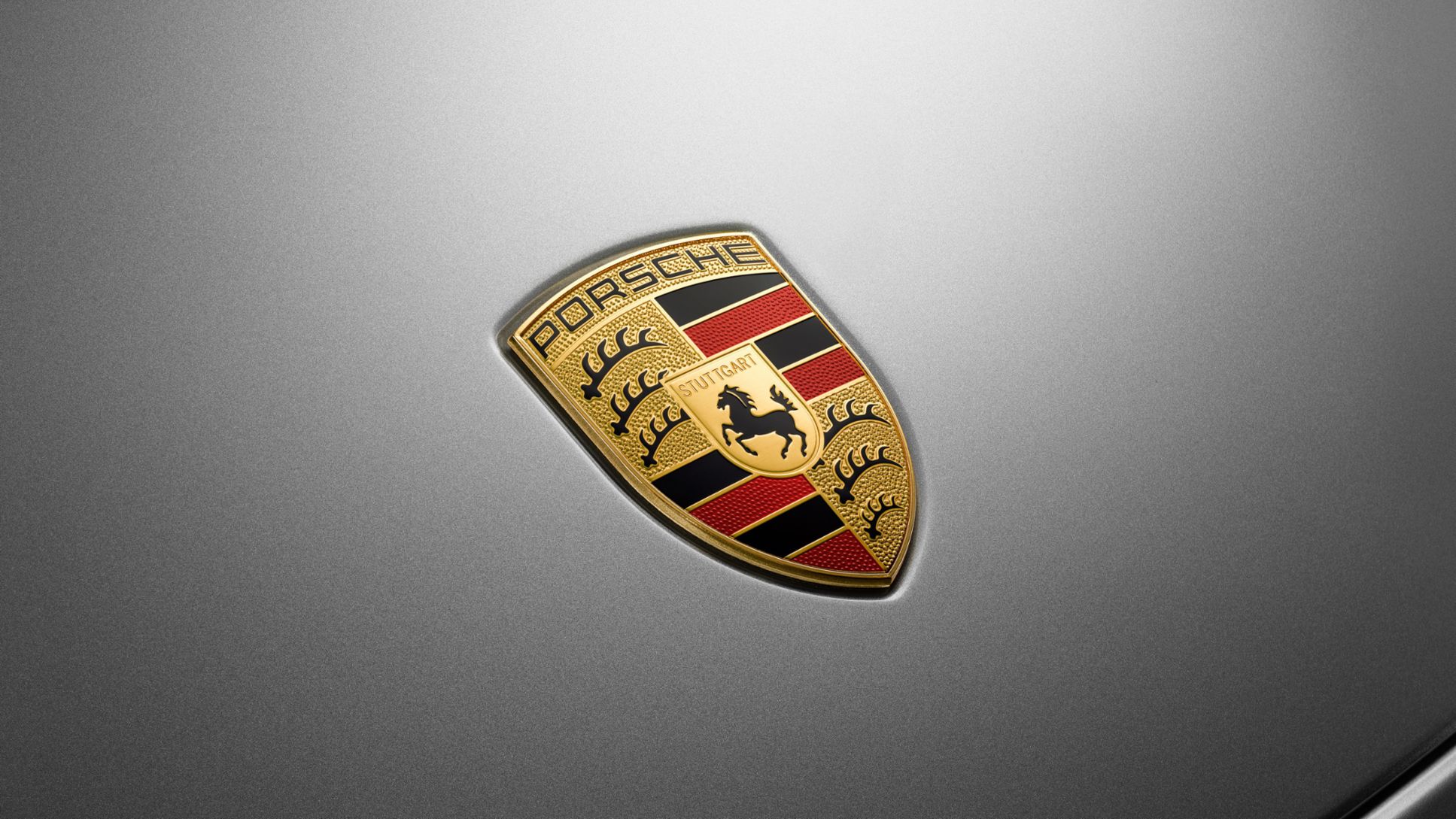
6. Stellantis N.V. (NYSE:STLA)
CAGR (2018–2023): 10.43%
Formed through the merger of Fiat Chrysler and PSA Group, Stellantis has rapidly emerged as a powerhouse in the automotive sector. Its revenue surged to $203.21 billion in 2023 from $132.71 billion in 2018. The company’s extensive portfolio and focus on innovation have strengthened its competitive edge globally.
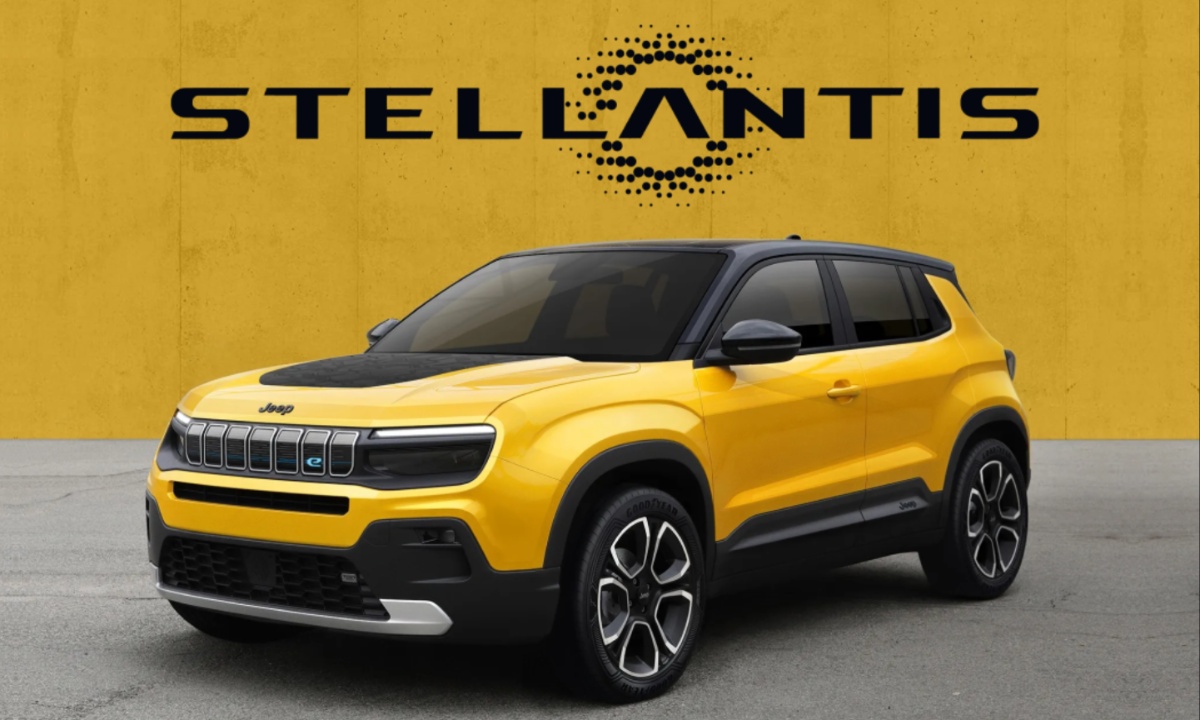
5. Hyundai Motor Company
CAGR (2018–2023): 10.94%
Hyundai, a leader in the Asian automotive market, sold 4.2 million vehicles worldwide in 2023, marking a 7% year-over-year increase. Models like the Tucson and Santa Fe have driven sales, while the company achieved record-breaking US sales of 76,920 units in March 2024.
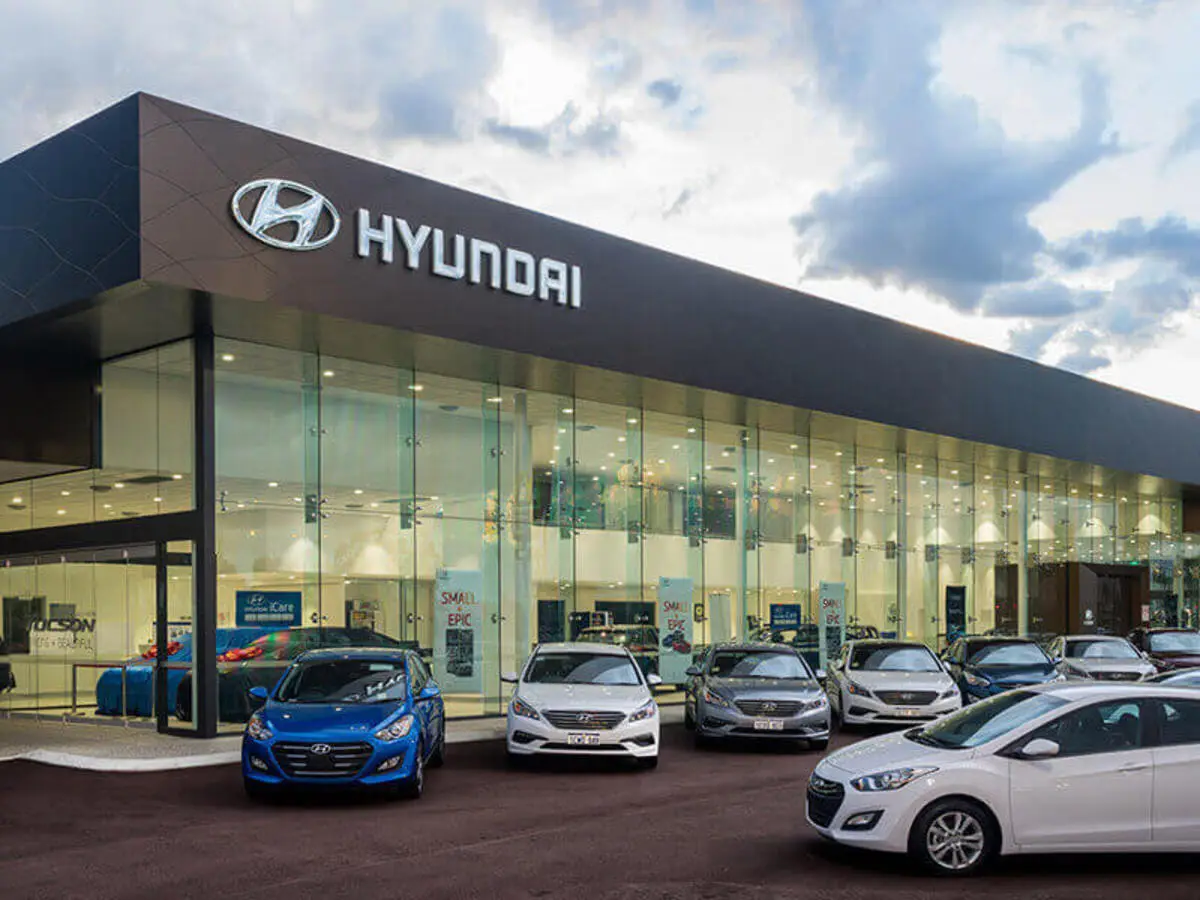
4. Ferrari N.V. (NYSE:RACE)
CAGR (2018–2023): 11.76%
Ferrari continues to set the benchmark for luxury sports cars. Its revenue grew from $3.67 billion in 2018 to $6.4 billion in 2023, reflecting its global appeal and consistent demand for high-performance vehicles. The company’s exclusivity and craftsmanship make it a standout in the industry.
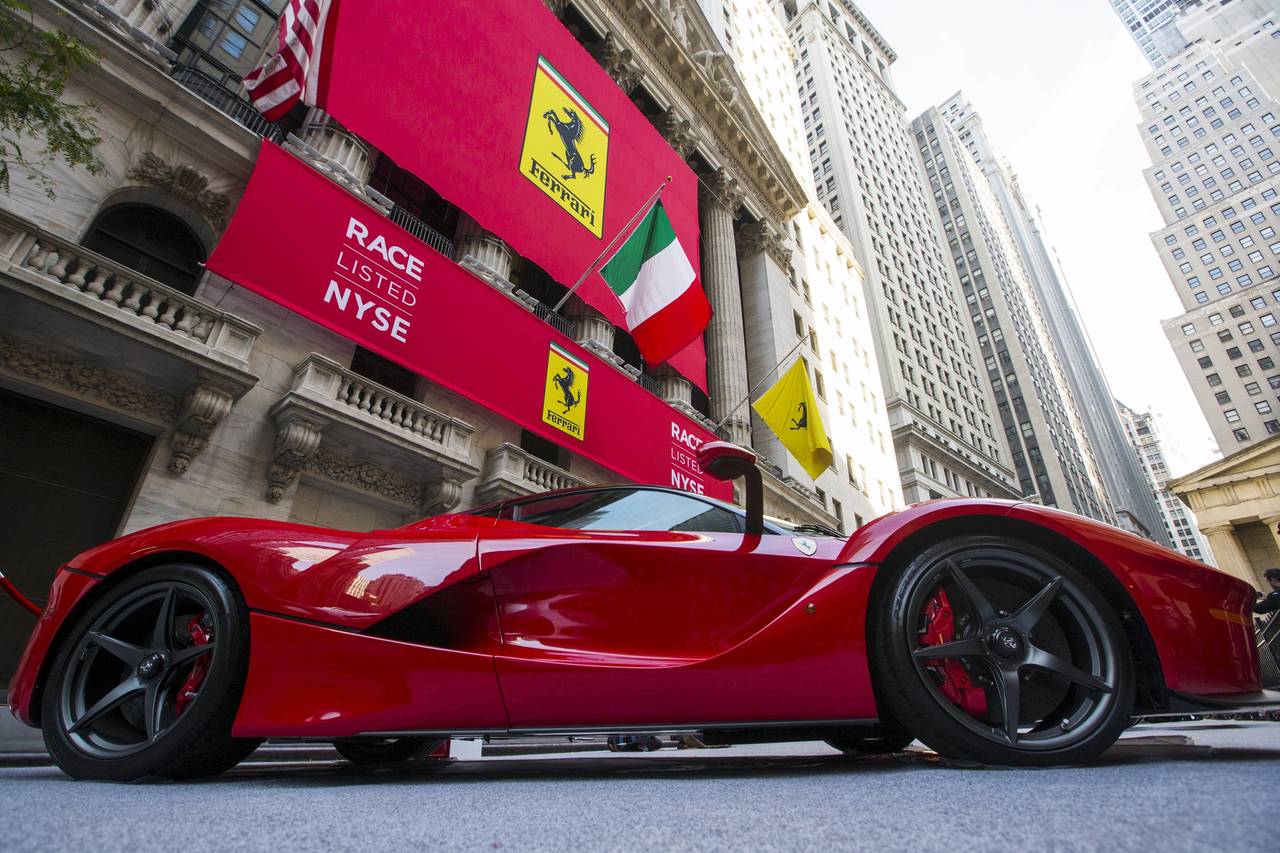
3. Bayerische Motoren Werke AG (BMW)
CAGR (2018–2023): 15.14%
BMW, known for its premium vehicles, experienced exceptional growth, with revenue increasing from $84.01 billion in 2018 to $170 billion in 2023. Its commitment to innovation and sustainable mobility has solidified its position as a leader in the luxury automotive segment.
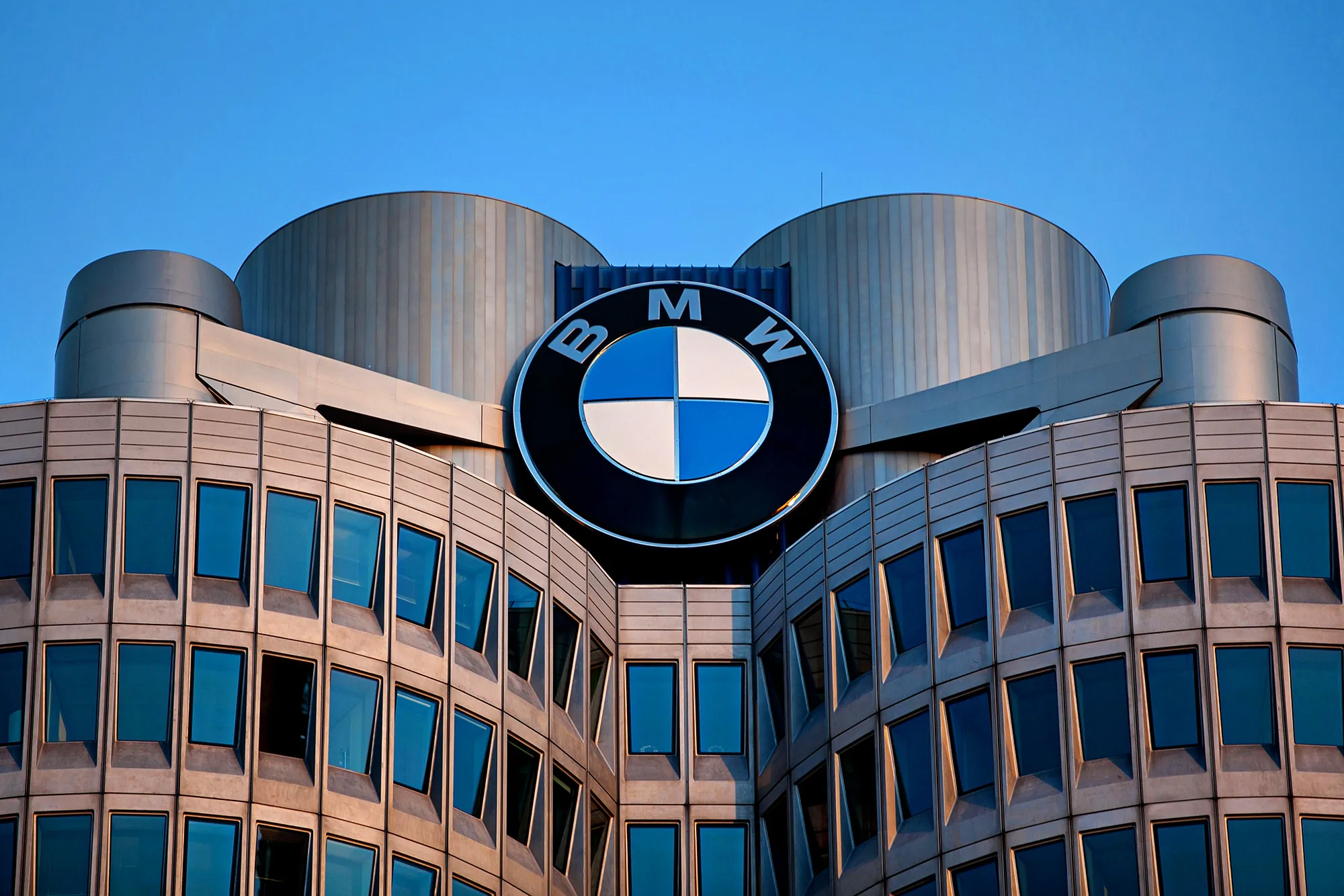
2. Tesla Inc. (NASDAQ:TSLA)
CAGR (2018–2023): 35.15%
Tesla revolutionized the EV market, with its Model Y becoming the world’s best-selling vehicle in 2023, achieving 1.2 million units sold. While price reductions impacted margins, Tesla’s focus on affordability and innovation ensures its dominance in the electric vehicle sector.
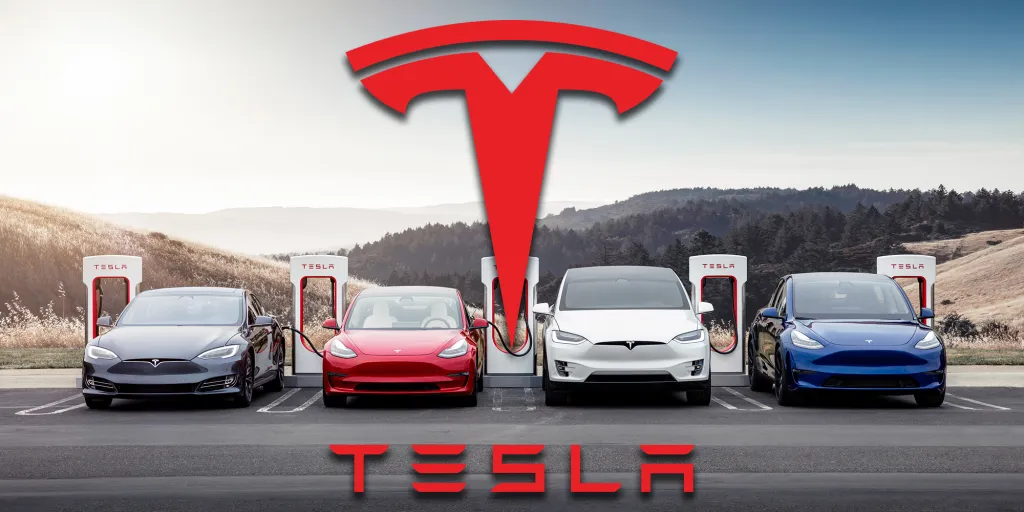
1. BYD Company Limited
CAGR (2018–2023): 35.85%
BYD, a Chinese automotive giant, leads the global market in new energy vehicles. Its robust production of BEVs and plug-in hybrid electric vehicles (PHEVs) has positioned it as a market leader. BYD’s innovative approach and strong domestic demand have propelled its extraordinary growth, making it the fastest-growing car brand globally.
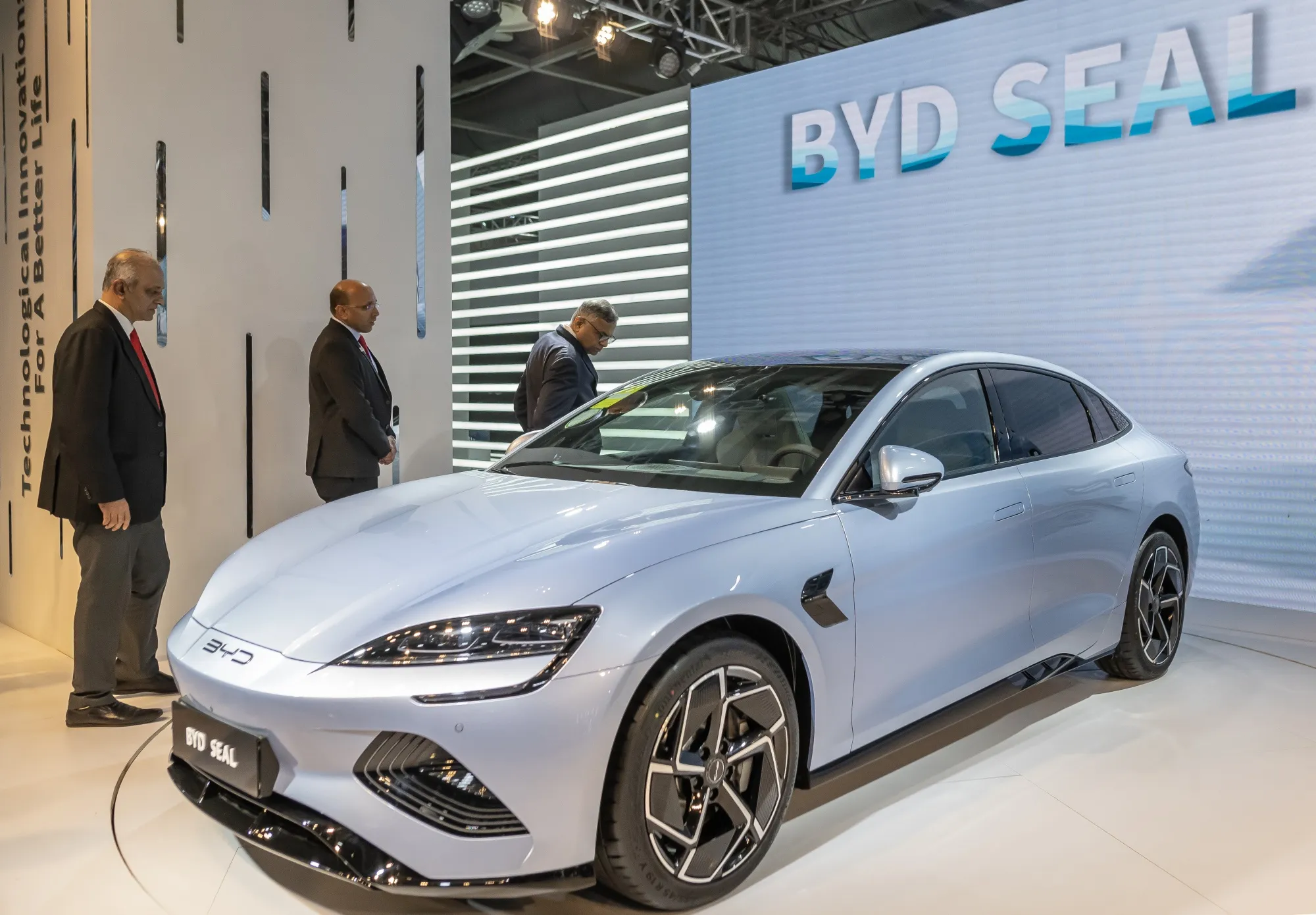
Key Drivers of Growth
Several factors have contributed to the rapid growth of these brands, including:
Electrification: The global push toward sustainability has led many automakers to invest heavily in EVs. Tesla, BYD, and Volkswagen are clear leaders in this space.
Innovation: Luxury brands like Ferrari and Porsche maintain their edge by blending cutting-edge technology with heritage.
Strategic Mergers: Companies like Stellantis have leveraged mergers to expand their global footprint and streamline operations.
Diverse Offerings: Brands like Toyota and Hyundai succeed by catering to a broad spectrum of consumers, from budget-conscious buyers to those seeking premium features.
The automobile industry continues to evolve, with electrification and innovation driving significant growth among top-performing brands. From the luxury appeal of Ferrari to the technological prowess of Tesla and BYD, these brands are shaping the future of mobility while capitalizing on emerging opportunities. As demand for sustainable and innovative vehicles increases, the industry’s trajectory remains firmly upward, promising exciting developments in the years ahead.

